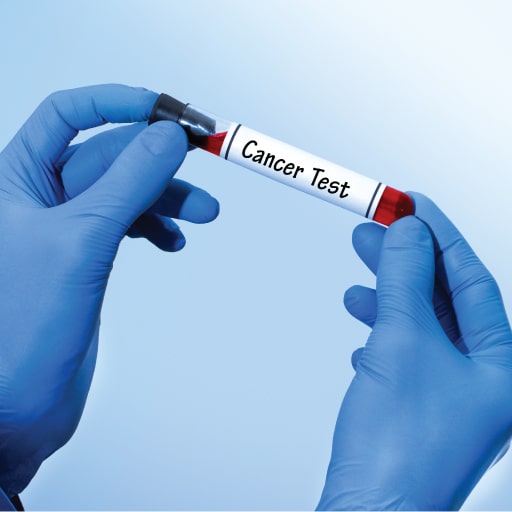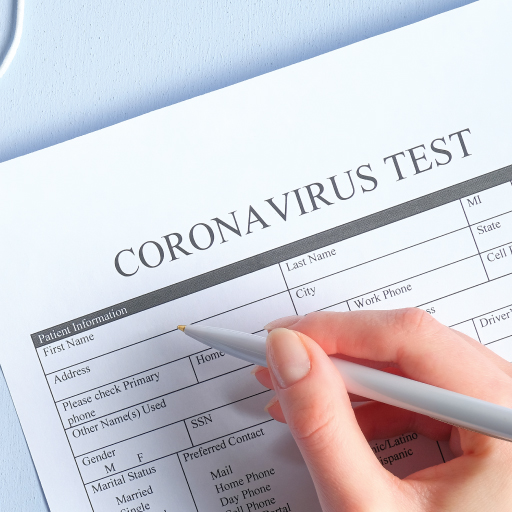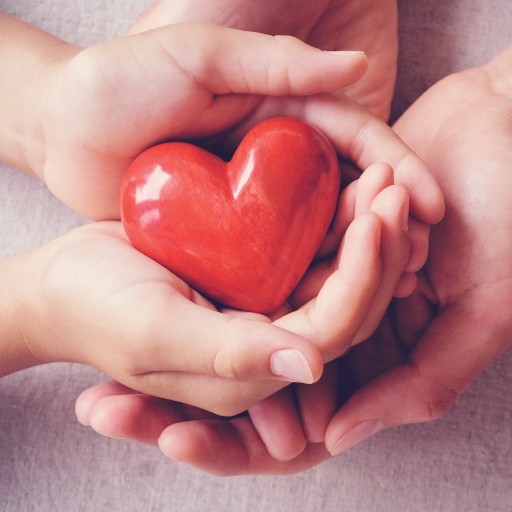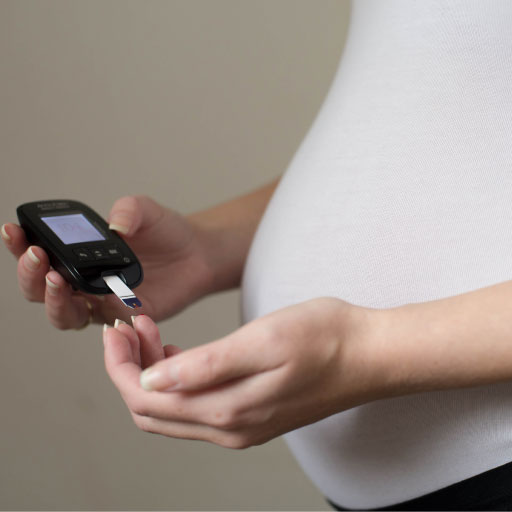
Cancer has always been a dreaded word. The disease is often associated with suffering and eventually death, which makes any mention of cancer unwelcome. However, as we learn more about the disease, we know that there are several ways to prevent, treat and cure cancer. Cancer does not have to be a death sentence, and with the right awareness can be dealt with effectively, allowing the patient to return to a normal life.
When it comes to cancers affecting women, the trend thus far is a general lack of awareness about the types of cancers, their symptoms, and what to do about them. While timely treatment could save lives, it is found that many women get diagnosed too late with the disease. To avoid this delay, it is important that women get familiar with the facts discussed here and use the knowledge to safeguard their health from cancer.
Cancer Facts For Women
Some Cancers Only Affect Women:
Women-related cancers which are most common include ovarian cancer, endometrial cancer, uterine sarcoma, cervical cancer, vaginal cancer, and vulvar cancer. All these types of cancers affect the female reproductive system which includes the ovaries, uterus, endometrium (inner lining of the uterus), cervix, vagina, and vulva. More programmes in schools and communities to educate women would be helpful.
Breast cancer is often included in this group, but it is not exclusive to women. Men too can be affected by the disease.
Certain Factors Can Put Some Women At A Higher Risk:
It is not easy to say what can cause cancer but certain factors can increase your risk. One of the biggest risk factors is family history. If there has been more than one female relative on one side of the family who has had women-related cancer, you could be at risk. Other risk factors include obesity, heavy smoking and alcohol consumption. Medical conditions like endometriosis and adenomyosis which cause unusual growth of the inner lining of the uterus can lead to endometrial cancer. The risk of cancer can also be age-related. For example, breast cancer is more common in women above the age of 40.
Cancer Can Be Diagnosed Early:
If you fall into a high-risk category, there is no need to panic, but instead, use this information to keep yourself safe. Talk to your family doctor or a gynaecologist about getting annual screenings for the various types of cancer. Regular tests can help detect a cancer onset at the earliest. An early diagnosis can make a big difference in the treatment of the disease.
Treatment In The Early Stages Is Highly Effective:
Cancer typically starts as pre-cancerous cells which start to multiply and develop into a tumour. Early-stage tumours are small and contained to one area of the body. When detected in this stage the tumour can be removed before it starts to spread to other organs. A course of chemotherapy or radiation is used to completely eliminate the cancerous cells. An early diagnosis can also be the motivation required to make various lifestyle changes that can slow down the progression of the disease. Eating healthy food, following health blogs and incorporating the tips in your life, exercising more, and quitting smoking and alcohol can all be beneficial.
Through awareness, better access to screening and treatment, and good personal care, women, men and kids can protect themselves from cancer.





 1800-270-7000
1800-270-7000










